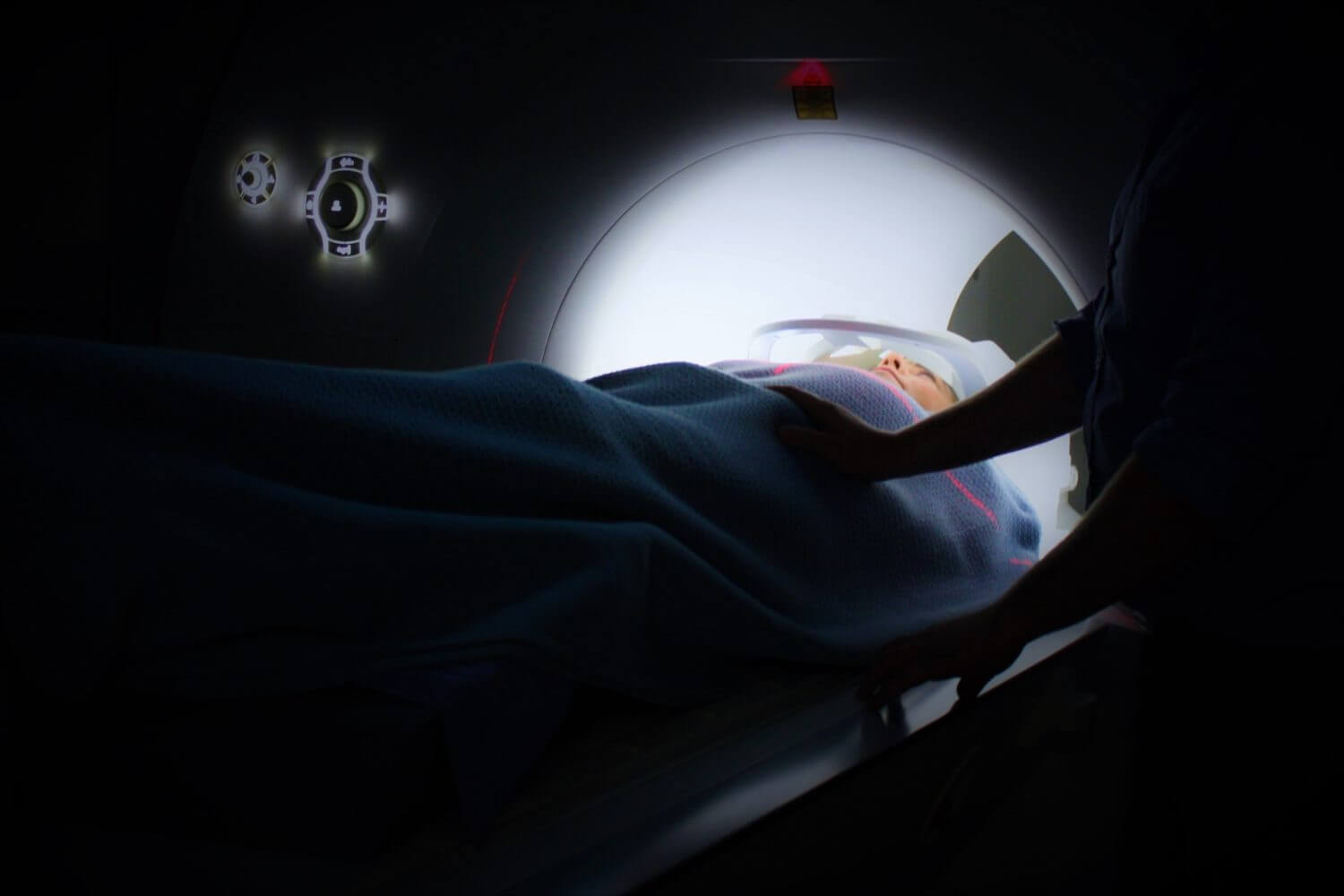If you’re a recovering opioid addict, pain relief can be a tricky subject. For minor pain, there are plenty of options available, like over the counter pain medicines (ibuprofen, acetaminophen, etc.), but what if you’re in a serious accident or need surgery? There’s always the concern that taking stronger pain medicine might lead to a relapse, but is there a point when the pain is too great and it becomes necessary?
Consider the story of a man named Max Baker, who began using prescription pain medication and then heroin as a teenager. He entered treatment at age 22 and was given suboxone to help prevent relapse, which he was eventually weaned off. He got his life back together by going back to school and getting a job, and by all accounts was well on the way to a life of sobriety. Then, in 2016, he got into a major car accident. His hand was broken, and the doctors told him that he would need surgery. He disclosed his addiction, and a debate erupted about anesthesia because the usual mixture of drugs involves opioids.
The doctors decided to give him the normal medications after the anesthesiologists pointed out that patients who are on relapse prevention drugs tend to have no problems with anesthesia and opioid painkillers. Unfortunately, Max was no longer taking suboxone, although we’ll never know exactly what role that played in the events that followed. When he woke up from surgery, he claimed he was in terrible pain and asked for opioid painkillers, which the doctors eventually acquiesced to. Partly, they were afraid that if they refused, he would find his own drugs on the street, which could be considerably more dangerous. The surgeon prescribed Max a small amount of Vicodin for the pain, and less than a month later he was dead of a heroin overdose.
There’s no one to blame in situations like this – there are no set guidelines for how to deal with pain management in people with opioid addictions, and there’s no real way to know exactly what caused the relapse. Was it that Max had stopped taking suboxone? Did that taste of Vicodin make the cravings too strong to handle? Was he simply trying to self-medicate the lingering pain from his accident? We’ll never know the answers to these questions, but it’s a stark reminder that medical professionals don’t receive enough training in dealing with addiction. Some have become afraid to prescribe opioids even to those with no past problems because of the fear of addiction, but depriving those who need it is no solution.
So what do you do if you have an opioid addiction and need serious pain relief? Make sure you disclose your addiction to doctors as soon as possible. If an opioid is absolutely necessary, make sure you tell people close to you that you are taking it and that it’s meant to only be for a certain period of time. You can even hand the pills over to someone you trust and put them in charge of dispensing your medication. If the pain isn’t unbearable, try to stick with non-habit forming medications, and consider alternative means of relief like acupuncture, chiropractic, hypnosis, meditation, and yoga.
If you or a loved one need help with quitting drugs or alcohol, consider Asana Recovery. We offer medical detox, along with both residential and outpatient programs, and you’ll be supervised by a highly trained staff of medical professionals, counselors, and therapists. Call us any time at (949) 438-4504.



